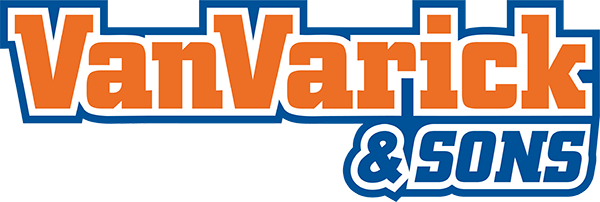5 Reasons Your Boiler Is Leaking

An efficiently operating boiler is the cornerstone of a home’s heating setup, ensuring a warm and comfortable environment throughout the chillier months. Yet, one frequent issue that can disturb this balanced state of comfort is the occurrence of boiler leaks, such as water leaking from boiler.
Such leaks undermine the effectiveness of your heating system and bring up essential considerations about safety and upkeep. This article aims to illuminate the different reasons behind boiler leaks, offering clarity on this matter and guiding you through the vital actions for tackling and averting water leakage from your boiler.
5 Reasons Your Boiler Is Leaking
1. Issues with the Boiler Pressure Relief Valve
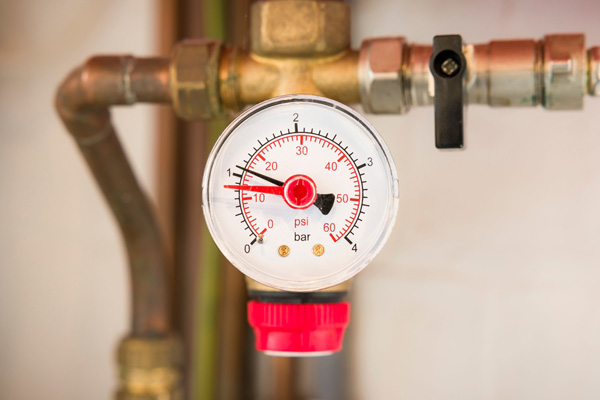
The boiler’s pressure relief valve releases excess pressure to prevent over-pressurization. It discharges water or steam if internal pressure exceeds safe limits, maintaining safe pressure levels.
Water leaking from boiler in this valve can result from excessive pressure, often due to expansion tank issues or sediment build-up, faulty valves, or installation errors.
Ignoring pressure relief valve issues poses serious risks, including unexpected hot pressure or steam release. This can cause injury, property damage, or boiler explosions. Regular inspection and maintenance of the valve are critical for safety and efficiency.
2. Issues with Boiler Seals and Gaskets
Seals and gaskets in boilers are essential for maintaining watertight and airtight connections, crucial in preventing leaks, or water leaking from boiler. They can fail due to wear and tear, high temperature exposure, and interactions with water chemicals or minerals, leading to deterioration, reduced flexibility, brittleness, and increased failure risk.
Leaks in these components compromise boiler efficiency, causing water or steam loss, reduced pressure, higher energy consumption, and potential introduction of air contaminants, affecting the system’s operation.
3. Corroded and Worn-Out Boiler Pipes
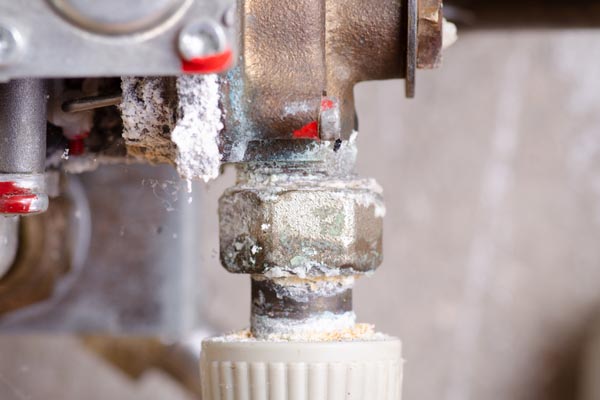
Boiler pipes are crucial for distributing water and steam to components like radiators and baseboard heaters. Corrosion in these pipes can result from aging, water quality, and chemical interactions within the system. High temperatures and pressure over time, water with high mineral content or acidity, and reactions between pipe materials and water additives can all accelerate corrosion.
4. Corroded Boiler Heat Exchangers
The heat exchanger moves heat from the combustion chamber to the water, which is then circulated throughout the heating system. However, water chemistry and mineral buildup can lead to corrosion over time.
Corrosion in the heat exchanger can cause serious problems, such as water leaks and the potential release of carbon monoxide and dangerous gases into the system. These issues reduce the boiler’s efficiency and present significant health and safety risks.
5. Challenges with Boiler Expansion Tanks
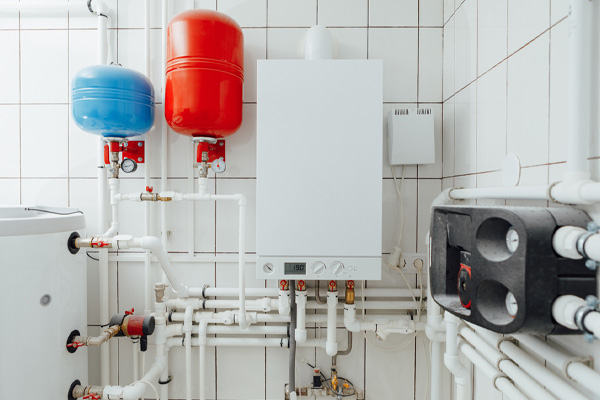
The expansion tank in a boiler system is key for managing pressure changes, accommodating the expansion and contraction of water during heating and cooling. Problems such as a damaged bladder or diaphragm, faulty air valves, or poor maintenance can result in water clogging the tank, leading to high system pressure and potential water leaking from boiler.
Incorrect air pressure settings can fail to relieve pressure adequately during heating, posing safety risks and reducing the boiler’s performance and energy efficiency.
Indicators of a Boiler Leak
Homeowners should watch for signs of water leaking from boiler, like water puddles near the boiler, discolored ceilings or walls, or reduced system pressure. Ignoring these signs can lead to increased boiler damage, reduced efficiency, safety hazards, mold growth, and electrical problems.
If a leak is suspected, it’s crucial to promptly contact a qualified technician to assess and fix the issue, ensuring the safety and efficiency of the home heating system.
Boiler Leak Prevention and Maintenance Strategies
Steps To Prevent Boiler Leaks
To prevent water leaking from boiler and ensure their efficient operation, homeowners should adopt the following practices:
- Arrange for professional boiler inspections annually.
- Keep an eye on the water chemistry, using additives as necessary to maintain balance.
- Promptly address any signs of corrosion or damage in the pipes.
- Regularly verify the proper functioning of the pressure relief valve.
- In colder climates, insulate pipes and the boiler to guard against freeze-induced problems.
- Consistently check seals, gaskets, and expansion tanks for any indications of wear or deterioration.
Value of Expert Boiler Inspections and Maintenance
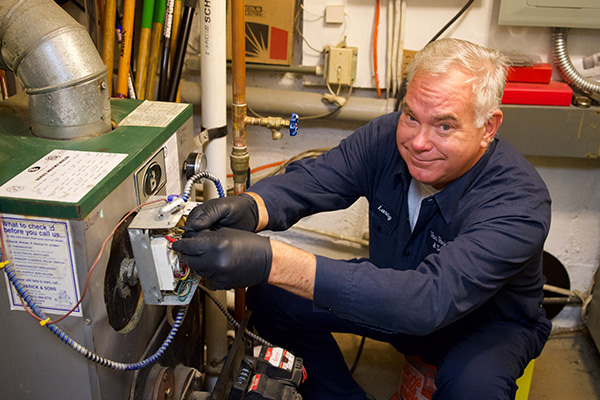
Professional boiler inspections and maintenance provide significant advantages. Certified technicians possess the skills to identify and prevent potential issues early, averting water leaking from boiler.
They can also conduct comprehensive cleaning and fine-tuning of the boiler for optimal efficiency. Moreover, an expert assessment guarantees safe operation and compliance with relevant regulations.
Homeowner Guidelines for Boiler Upkeep and Leak Prevention
Homeowners can do the following steps to ensure their boiler operates correctly and to prevent leaks:
- Regularly check the boiler’s pressure and temperature.
- Be alert to any odd sounds or smells coming from the boiler.
- Promptly respond to any signs of malfunction by reaching out to an HVAC professional.
- Adhere to the manufacturer’s instructions for maintenance, operation, and safety.
- Maintain cleanliness and adequate ventilation around the boiler area.
- Consider securing a preventive maintenance agreement with a reputable service provider.
Comparing DIY and Professional Boiler Repairs
Choosing professional HVAC technicians for boiler leak repairs is crucial, as opposed to attempting DIY fixes. DIY efforts carry various risks, including limited expertise in handling complex boiler systems, potential safety hazards from incorrect procedures, and the chance of inadvertently exacerbating the problem.
On the other hand, professional technicians bring a wealth of experience, specialized tools, and a deep knowledge of safety codes and regulations. This expertise is essential for accurately diagnosing and resolving issues and ensuring repairs are conducted properly and in compliance with safety standards.
Selecting professional services for boiler repairs is the safest and most effective solution, minimizing risks and preventing further complications.
Conclusion
Boiler leaks can be caused by faulty pressure valves, corroded pipes, damaged seals, malfunctioning expansion tanks, or deteriorated heat exchangers. Promptly identifying and addressing these leaks is key to protecting your heating system and ensuring safety. Professional HVAC technicians, with their expertise and tools, can effectively diagnose and fix these issues, maintaining the safety and efficiency of your boiler. Quick action is crucial for the integrity and comfort of your home heating system.
Call Van Varick & Sons For All Of Your HVAC Requirements
Van Varick & Sons is the premier provider of heating and cooling services in Northern New Jersey. Our team comprises highly skilled and professionally certified technicians specializing in HVAC tune-ups, repairs, installations, and replacements. We are dedicated to providing top-tier services to all our clients.
At Van Varick & Sons, we recognize the importance of a comfortable and energy-efficient home. That’s why we offer competitively priced services. Our maintenance programs are designed to enhance your comfort while helping to reduce your energy bills. If you need an HVAC repair or replacement, our knowledgeable technicians will guide you to the best solution that suits your budget. We stand by our work with a satisfaction guarantee.
To schedule a service appointment, give us a call. We provide free, in-home estimates to assist you in making well-informed decisions about your HVAC systems. Choose Van Varick & Sons for exceptional heating and cooling services that are sure to surpass your expectations!
Click here to view our service area. You can click here to contact us now or call us at (973) 694-2777 to find out more!
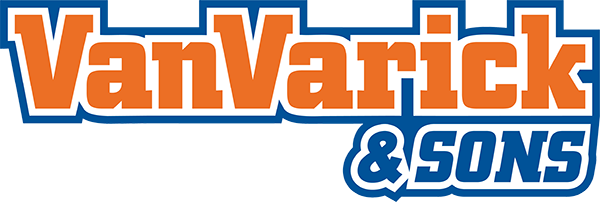
Related Articles:
